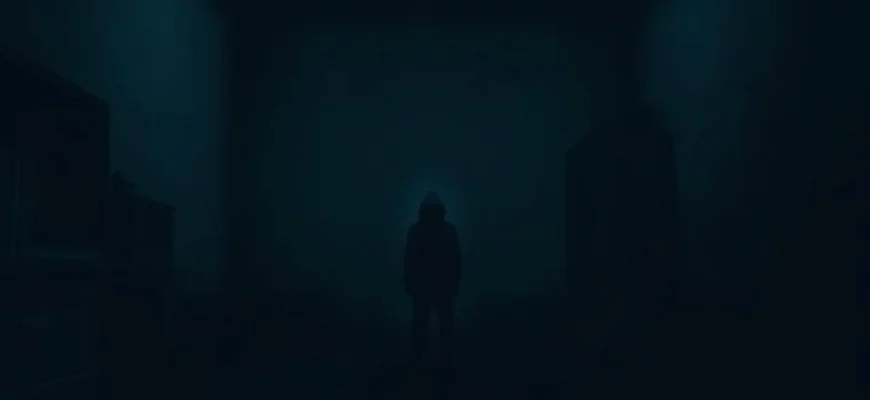If you were captivated by the unsettling and thought-provoking drama of 'Nitram' (2021), you might be searching for similar films or shows that explore dark psychological themes, true crime, or intense character studies. This article highlights 10 gripping titles that share the same haunting atmosphere, complex storytelling, and emotional depth, perfect for fans of unsettling cinema.

The Vanishing (1988)
Description: A psychological thriller that delves into obsession and the lengths one will go to uncover the truth, featuring a deeply unsettling and ambiguous ending.
Fact: The film's director, George Sluizer, remade it in Hollywood in 1993, but the original is widely considered superior. The movie's antagonist was inspired by real-life serial killers.
 Watch Now
Watch Now 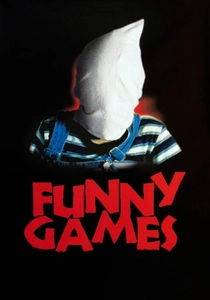
Funny Games (1997)
Description: A brutal and meta-commentary on violence in media, breaking the fourth wall to implicate the audience in the horrors unfolding on screen.
Fact: The director, Michael Haneke, shot an almost identical American remake in 2007, with the same actors and script. The film was controversial for its unflinching portrayal of violence.
 Watch Now
Watch Now 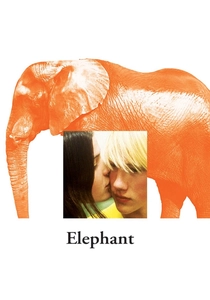
Elephant (2003)
Description: A harrowing and minimalist portrayal of a school shooting, focusing on the mundane moments leading up to the tragedy, emphasizing the banality of violence.
Fact: The film won the Palme d'Or at the 2003 Cannes Film Festival. Many of the actors were non-professionals, and some dialogue was improvised.
 Watch Now
Watch Now 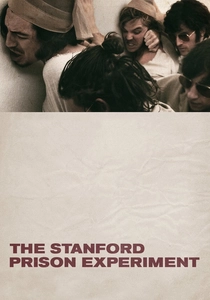
The Stanford Prison Experiment (2015)
Description: Examines the dark side of human nature and the ease with which ordinary people can descend into cruelty under certain conditions, highlighting themes of power and control.
Fact: The film is based on the real-life 1971 Stanford Prison Experiment, which was shut down after only six days due to the extreme behavior of the participants. The cast lived in a mock prison during filming to enhance realism.
 Watch Now
Watch Now 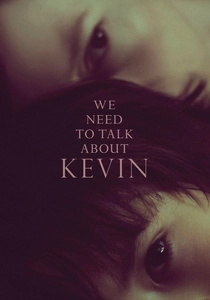
We Need to Talk About Kevin (2011)
Description: Explores the psychological complexities of a disturbed young individual and the impact on their family, delving into themes of nature vs. nurture and societal alienation.
Fact: The film is based on Lionel Shriver's novel of the same name, which won the Orange Prize for Fiction in 200Tilda Swinton learned to drive specifically for her role in the movie.
 Watch Now
Watch Now 
Dogtooth (2009)
Description: A bizarre and unsettling exploration of control and isolation, where a family's extreme measures to shield their children from the outside world lead to disturbing consequences.
Fact: The film was banned in Iceland due to its controversial content. It won the Un Certain Regard prize at the 2009 Cannes Film Festival.
 Watch Now
Watch Now 
The Hunt (2012)
Description: A gripping drama about the destructive power of rumors and mass hysteria, focusing on the psychological and social fallout of false accusations.
Fact: Mads Mikkelsen won the Best Actor award at the 2012 Cannes Film Festival for his role. The film sparked debates about child testimony and the justice system in Denmark.
 Watch Now
Watch Now 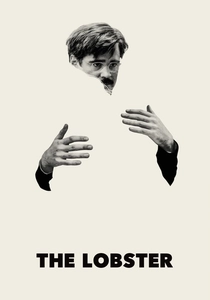
The Lobster (2015)
Description: A surreal and darkly comedic take on societal pressures and conformity, using absurdity to highlight the loneliness and desperation of human relationships.
Fact: The film was shot in Ireland but is set in an unnamed dystopian society. The director, Yorgos Lanthimos, insisted on using only natural light for filming.
 Watch Now
Watch Now 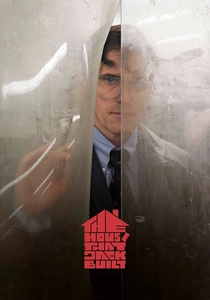
The House That Jack Built (2018)
Description: A disturbing character study of a serial killer, blending dark humor with graphic violence to explore the psyche of a murderer and the nature of art.
Fact: The film was booed at its Cannes premiere but also received a standing ovation. It includes references to Dante's 'Inferno' and features archival footage of real events.
 Watch Now
Watch Now 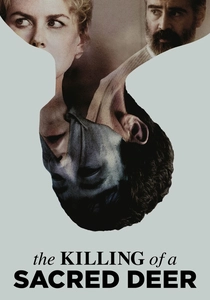
The Killing of a Sacred Deer (2017)
Description: A chilling exploration of moral dilemmas and psychological torment, wrapped in a surreal and unsettling narrative that blurs the lines between reality and nightmare.
Fact: The title is a reference to the Greek myth of Iphigenia, which also involves a sacrificial deer. The film's eerie score was composed by frequent collaborator Miklós Rózsa.
 Watch Now
Watch Now 
